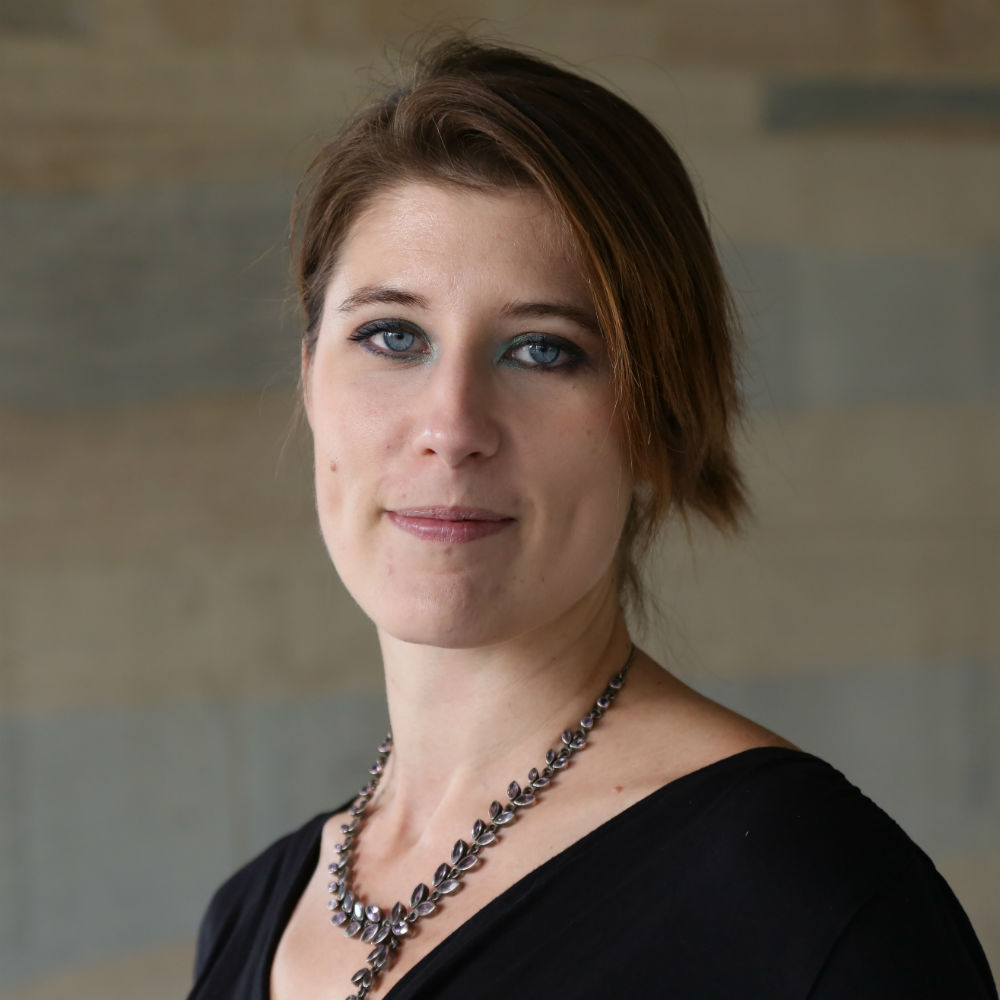Very Early Language Development
How do babies develop language?
We seek to examine how very early language is developed within the first two years of life.
Within their first two years of life, babies need to learn how to spot words in the speech stream and learn words alongside their grammatical properties in order to be able to understand sentences later on, and to produce words themselves. We are interested in understanding some of these complex comprehension processes.
- How do children cope with accent variability? Adults do well, but do children show any difficulty when hearing words pronounced in an unfamiliar accent?
- How are words stored in the child's lexicon? How do children access words, as a whole or sound by sound?
- How are words organised in the bilingual infant lexicon?
How do we research this?
We investigate these questions mostly with a method called the preferential looking paradigm: A child is seated in front of a TV screen, and the parent is sitting right behind them. Two pictures appear on the screen (for example, a cat and a duck) and a voice says "Look! Duck!". We film the child's eyes with a camera, so we can see exactly when the child is looking at the pictures. If they look longer at the duck, the word has been recognised.
